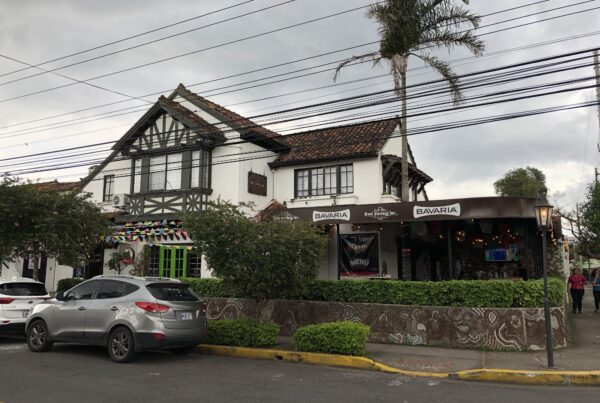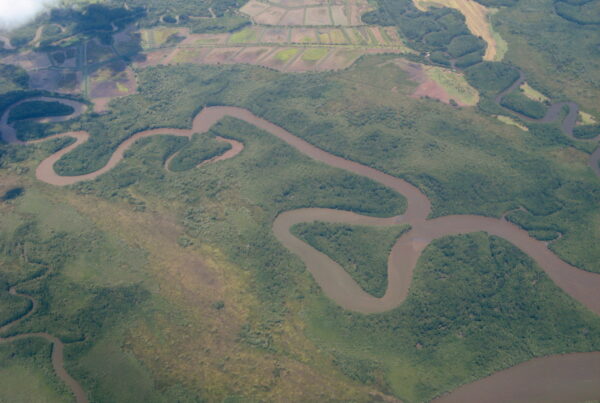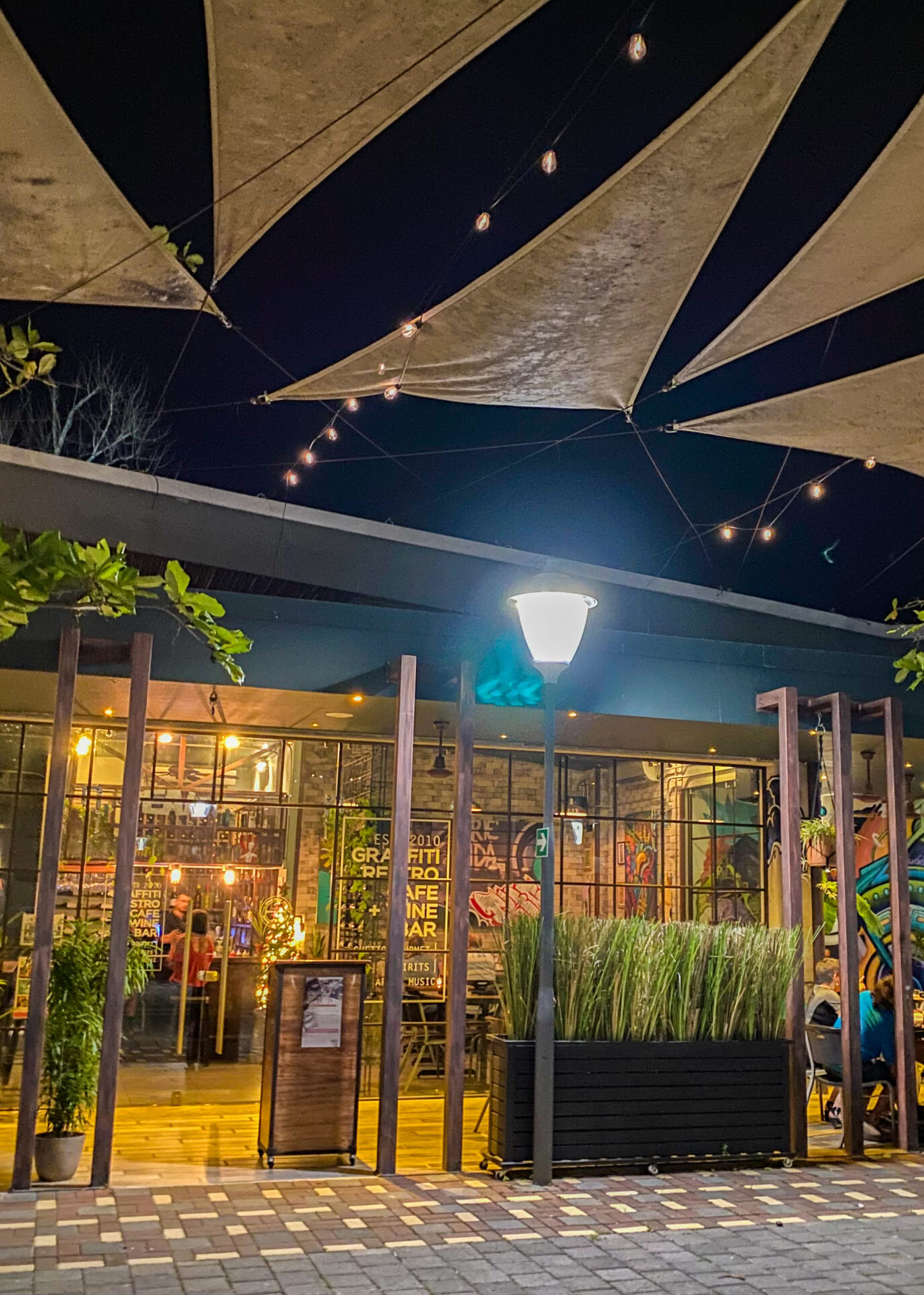
Before we even talk about money, speaking from years of direct experience, the first and most important way to show appreciation is simple — don’t be a jerk:) Yes, we know: you’re hot, you’re tired, you’re covered in bug bites, your sunscreen is dripping into your eyes, and you’re way out of your element. But remember, the people around you are working hard — often in those same conditions — to make sure you have the best experience possible.
So before you even think about tipping, start with respect. Smile. Look people in the eye. Shake their hand. Say, thank you — sincerely — and remember their name. Call them by name. Treat them as you’d want to be treated in their position. Because no amount of money can make up for a lack of basic human decency.
As for tipping, let’s all agree: tipping culture has gotten a little out of hand. What started as a way to reward excellent service in select industries has ballooned into expectations that seem to follow you everywhere. Tip jars next to self-checkout machines? A tip prompt when you’re buying a bottle of water? It’s gotten ridiculous.
That said, tipping customs do vary a lot by culture. In North America, it’s pretty ingrained — many Americans are used to tipping 20% in restaurants, and often for good reason, since it helps make up for low base wages. But in many parts of Europe and Asia, tipping isn’t part of daily life, and travelers from these regions might not think much about it when they’re abroad.
In Costa Rica, things are a bit different. Restaurant bills already include a 10% service charge, so tipping isn’t required. However, in the tourism industry — which is a big part of life here — tipping is appreciated and genuinely makes a difference. Wages in Costa Rica are traditionally low, and people working in tourism rely heavily on tips to support their families. So, whether you’re visiting Casa Roja or traveling anywhere else in the country, we encourage you to factor tipping into the overall cost of your vacation.
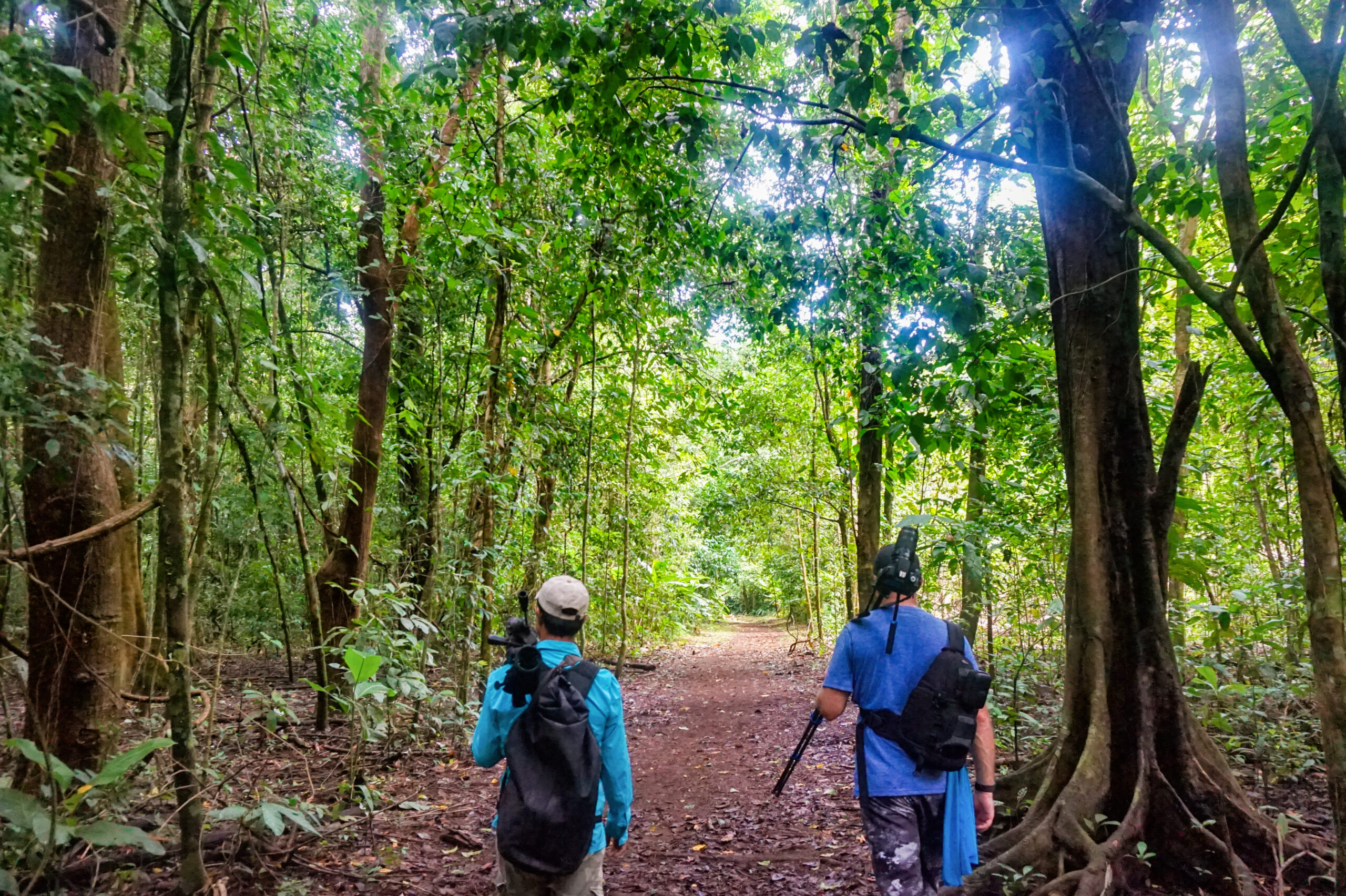
Why? Because we see what goes on behind the scenes. We see the early mornings, the late nights, the weekends spent learning English, Japanese, Chinese, or even the Latin names of local wildlife so they can enrich your experience. These are people who work hard to make sure your trip is not only safe but also unforgettable. They’re deeply proud of their country, their culture, their nature — and they love sharing it with you. Also, think about this: throughout your trip, you’ll pay all kinds of taxes and fees without a second thought. Airport parking, road tolls, taxes built into your flights and hotel stays, service fees on meals — all of this money mostly ends up with corporations and governments. Very little, if any, of it trickles down to the people actually responsible for making your vacation special.
We know vacations are expensive, especially for families. But if you plan ahead and budget just a little extra for tipping, it can go a long way to recognize the effort of those working hard to give you an incredible experience. And remember: we only recommend tipping when you receive excellent service. Always.
For example, let’s talk about our private tours to Caño Island or Corcovado National Park. These full-day trips cost around $700. We recommend starting with a tip of $100 for a small group — which is actually less than 20%. And keep in mind, your eco-guide will share this tip with the boat captain and first mate, so it doesn’t go as far as you might think, especially during busy seasons and holidays. If you’re a larger group or two families traveling together, it’s thoughtful to tip more.
Also, think of Graciela, our caretaker — she’s the quiet hero of your trip. She’s awake before you are, organizing your tours, handling last-minute changes, sourcing and preparing your meals, cleaning up after you, and making sure the house is spotless before you arrive. She’s constantly texting guides, captains, and suppliers to make sure everything goes smoothly. And if anything goes wrong, guess who gets the blame? Graciela handles it all with grace (pun intended). For her, a tip of $100 per day is not unreasonable — again, only if you feel you’ve received truly excellent service.
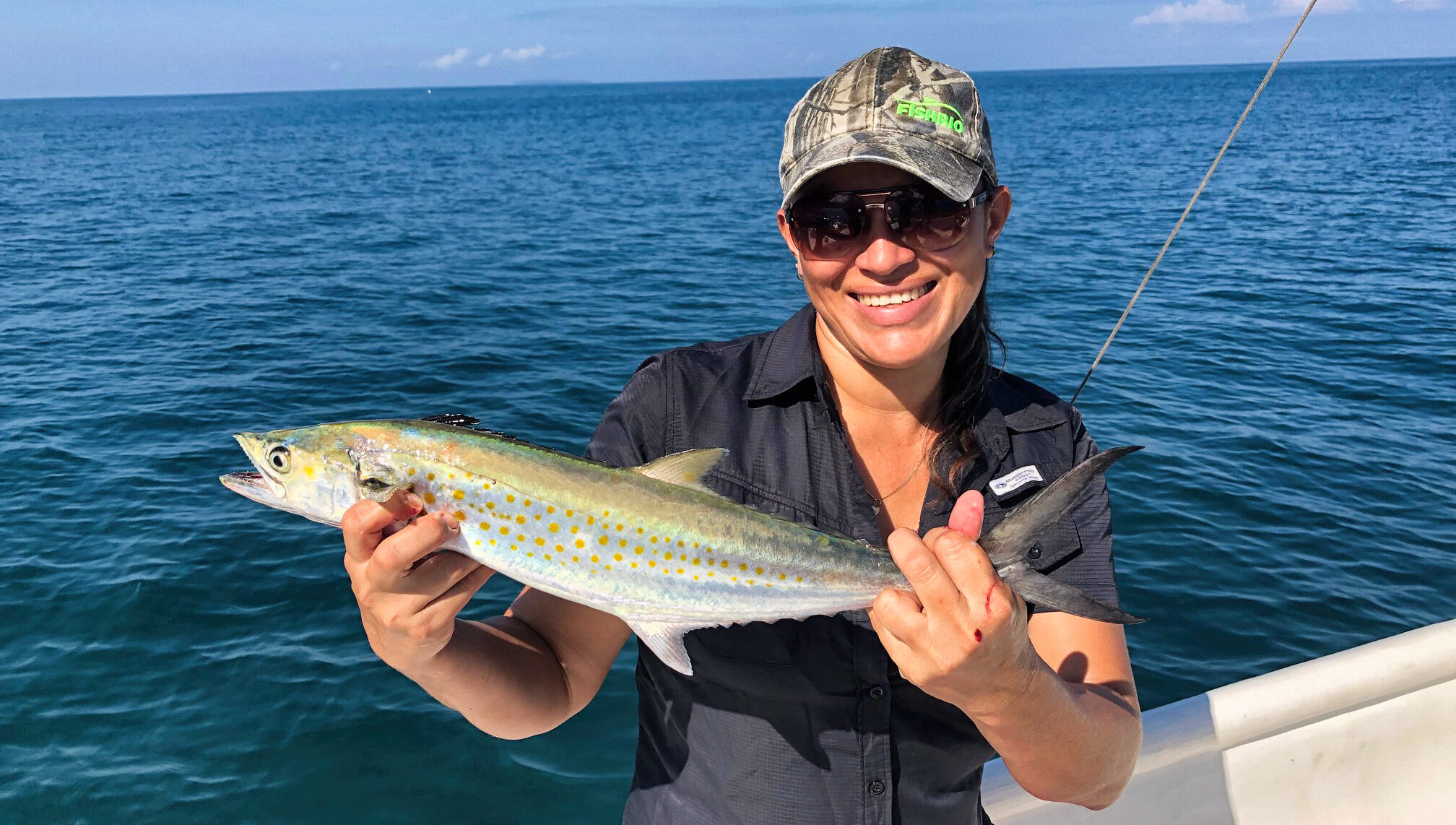
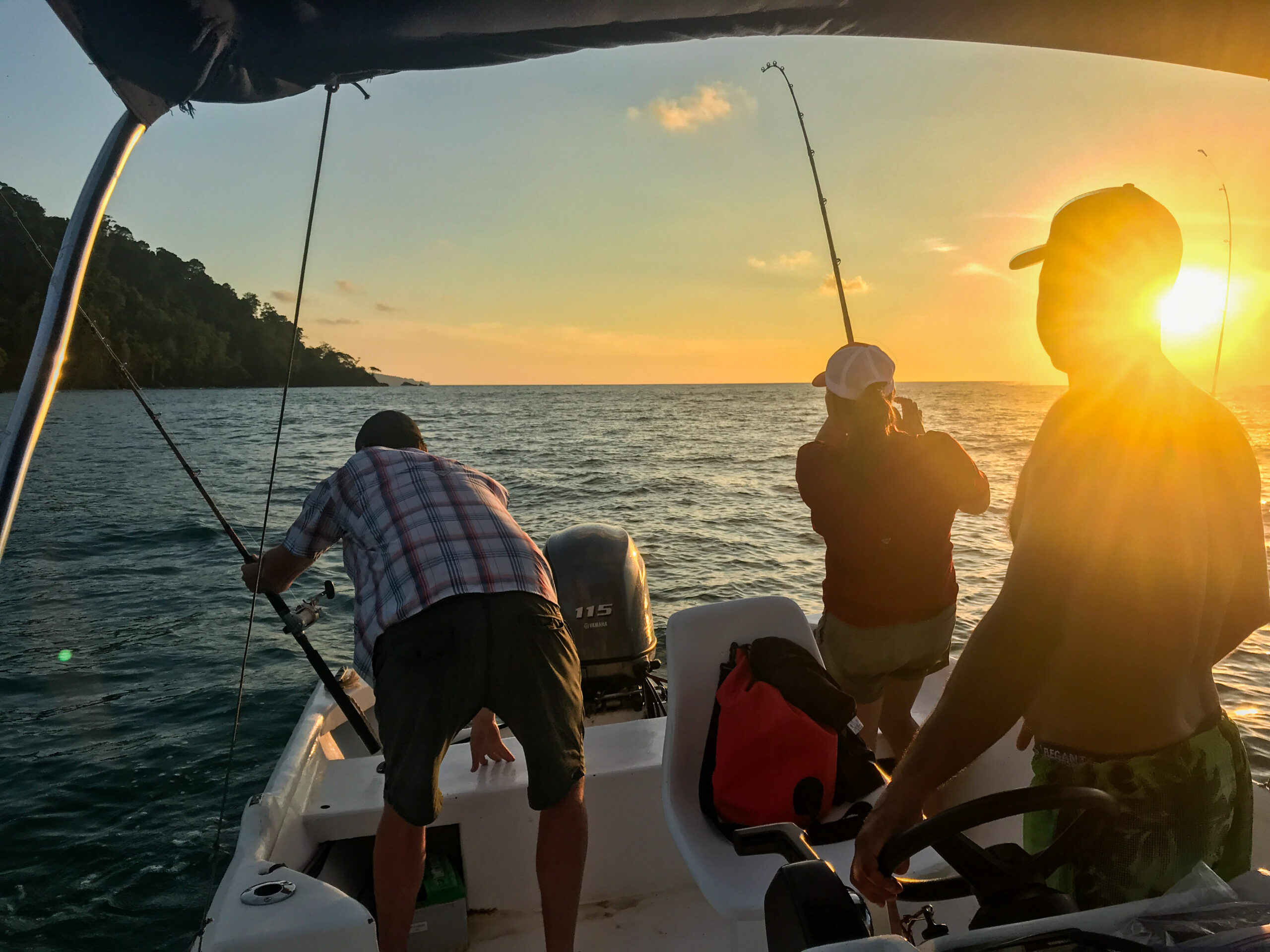
With all that said, consider the two most important parts of tipping are respect and generosity — and in that order. Money is important, yes. But what matters even more is showing real appreciation. A handshake, a thank you, a kind word, and remembering someone’s name go just as far, sometimes farther, than a tip. And when you combine the two? That’s when you’ll be remembered as much as you’ll remember your adventure.








